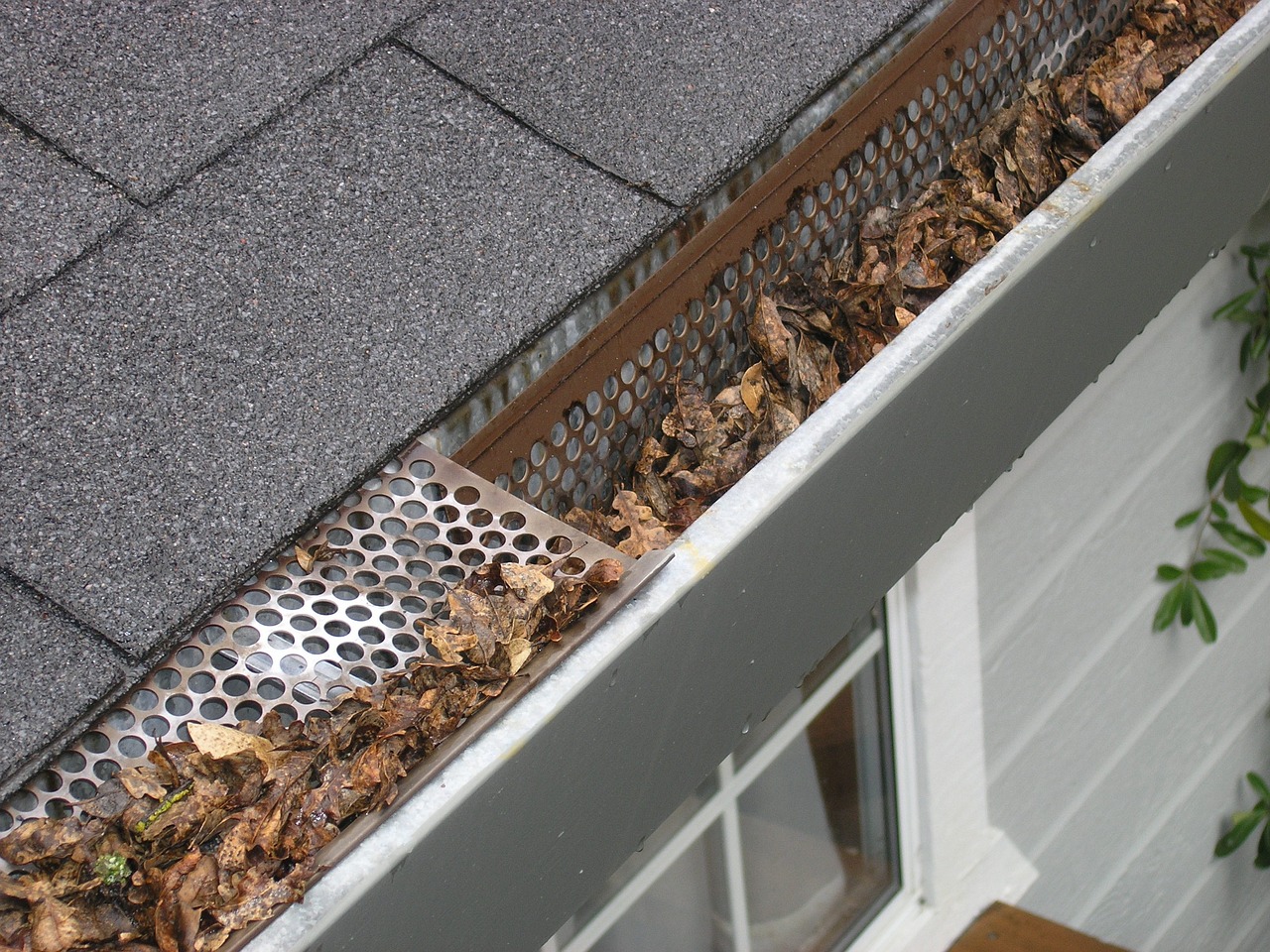Gutter Cleaning: Protect Your Home and Prevent Damage
Keeping gutters clear is one of the simplest yet most impactful tasks a homeowner can do to protect a house from water damage, foundation issues, and exterior decay. Gutters channel rainwater away from roofs and walls; when they clog, water backs up, leading to rot, pest problems, and stained siding. Whether you plan to do it yourself or hire local services, understanding how gutters work, what regular cleaning involves, and how maintenance extends their life will help you prioritize the right work at the right time for your home’s long-term resilience.
How do gutters protect your house?
Gutters are more than a roof accessory: they control runoff and keep water away from vulnerable areas of the house. By directing rainwater to downspouts and drainage, well-functioning gutters prevent soil erosion near the foundation, reduce basement flooding risk, and stop water from pooling on flat surfaces. They also protect siding and landscaping from continuous water exposure. Properly sized and aligned gutters that are free of debris perform best. Seasonal leaf buildup, roof grit, and moss can block flow and negate these protective benefits, so routine inspection is important.
What makes a home gutter system effective?
An effective home gutter system balances the right materials, slope, and capacity for local weather patterns. Aluminum and vinyl are common for residential gutters because they resist rust and are lightweight; copper and steel are durable but costlier. The pitch must allow water to flow toward downspouts without sagging, and downspouts should deposit water at a safe distance from the foundation. Seamless gutters reduce leak points, while guards and screens can limit debris entry. Matching gutter size and number of downspouts to roof area ensures the system handles heavy rain without overflow.
How often should gutters be cleaned?
Frequency depends on local conditions: a typical recommendation is at least twice a year—spring and fall—but homes near trees, in windy areas, or with frequent storms may need quarterly checks. Signs it’s time to clean include plants growing in gutter troughs, visible standing water after rain, sagging sections, and spillover during downpours. Regular removal of leaves, seeds, and sludge prevents rust and reduces weight stress on hangers. Even if you use guards, periodic checks are wise because small debris and shingle grit can still accumulate and block flow.
What does professional gutter cleaning include?
Professional gutter cleaning typically involves hand-removing debris, flushing downspouts, and checking for leaks or loose hangers. Technicians often inspect for signs of corrosion, improper slope, and roof-edge issues that cause excessive debris. Many companies will offer minor repairs such as resealing seams or reattaching hangers during the visit. Professionals bring ladders, proper tools, and safety practices that reduce fall risk and speed the job. When hiring in your area, ask about insurance, experience, and whether they clear downspouts completely to ensure full functionality.
How does regular maintenance extend gutter life?
Routine maintenance reduces stress on gutters and prevents small problems from becoming costly repairs. Clearing debris prevents standing water that accelerates corrosion and invites mosquitoes or plant growth. Tightening fasteners and ensuring proper slope avoids sagging and overflow that can damage fascia boards. Seasonal inspections also catch early leaks, blockages, or damage from ice dams in colder climates. Using gutter guards can cut down on debris but doesn’t eliminate maintenance—occasional flushing and inspection keep the system working efficiently and prolong the life of the gutters and roofline.
Conclusion
A consistent approach to gutter cleaning and upkeep protects your home from many common water-related problems and prolongs the life of exterior components. Whether you handle routine cleaning yourself or schedule professional visits, focus on timely inspections, prompt debris removal, and verifying that downspouts direct water well away from the foundation. Good gutter care is an affordable part of home stewardship that preserves value and prevents much larger repair bills down the road.







